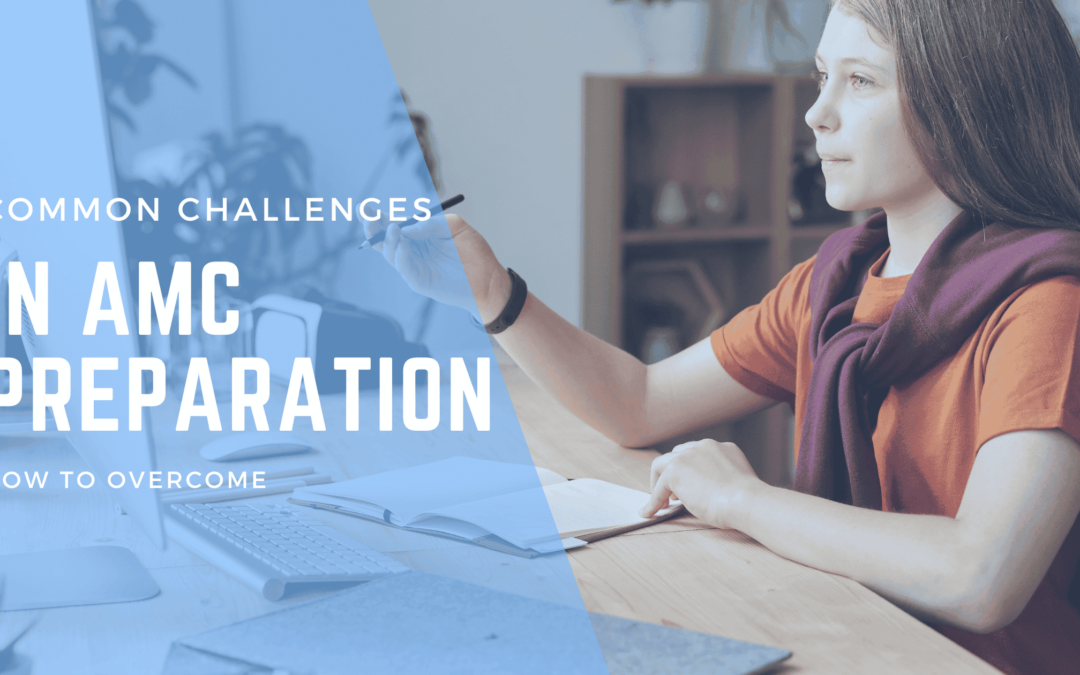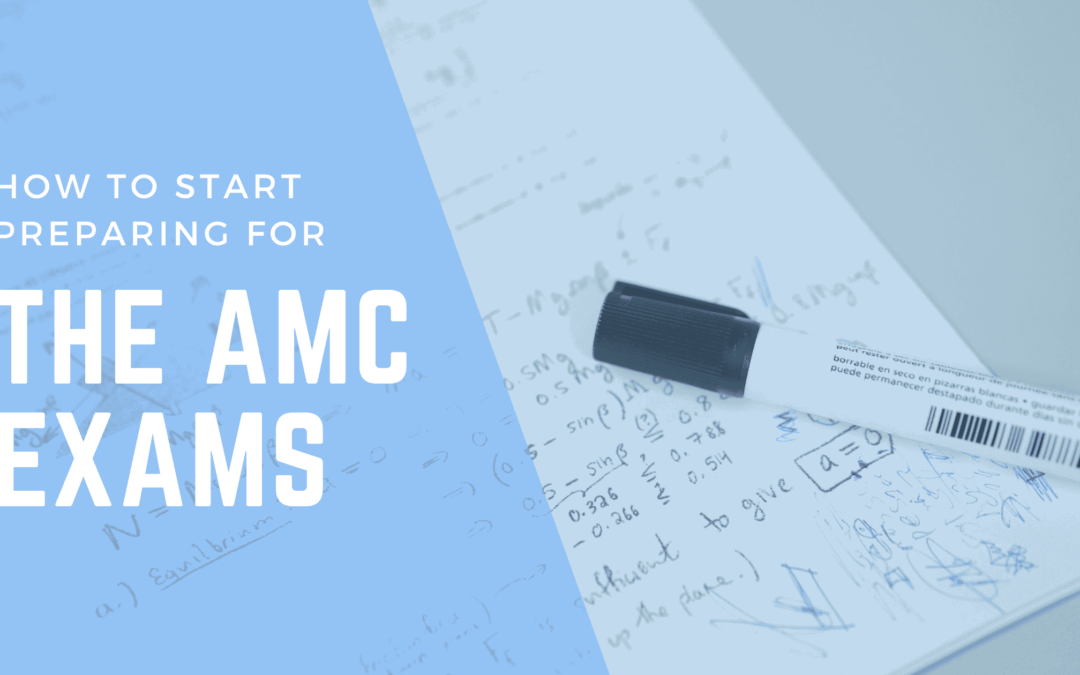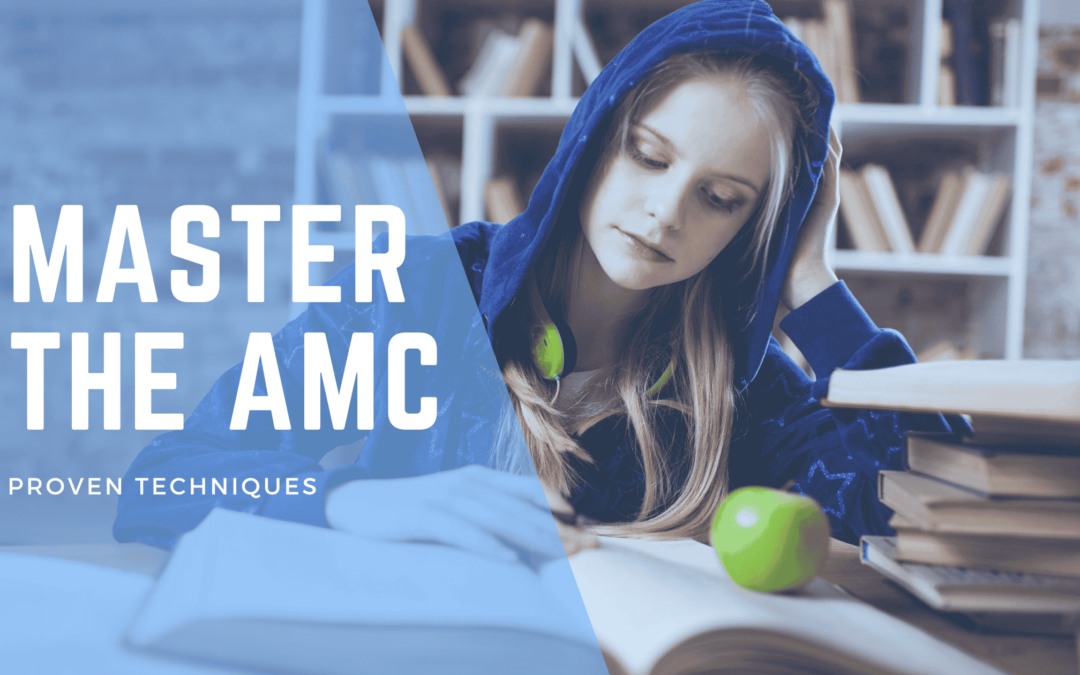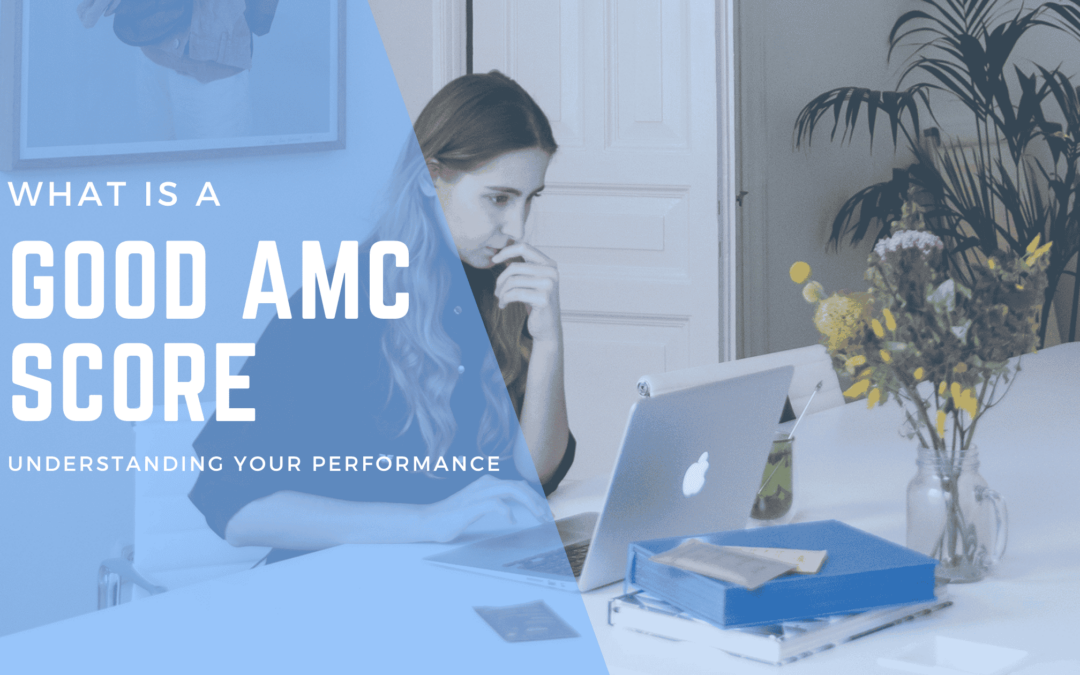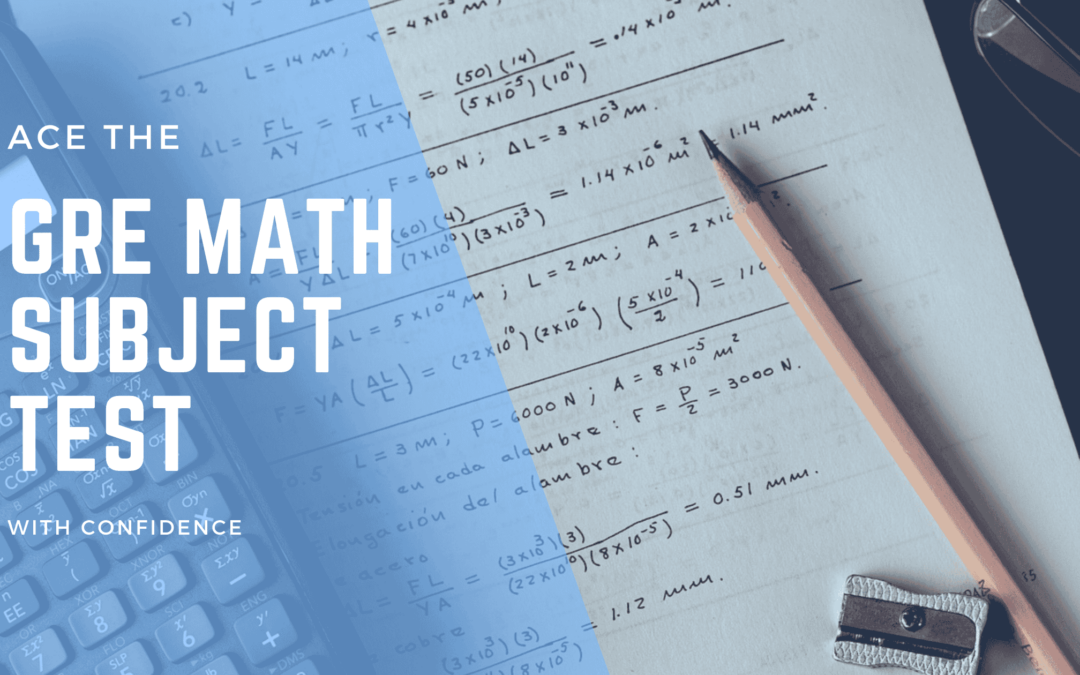The American Mathematics Competitions (AMC) are not your average school math test. They require a whole different level of thinking, studying, and problem-solving, and many students struggle with this. This article is here to help you overcome those AMC prep...
